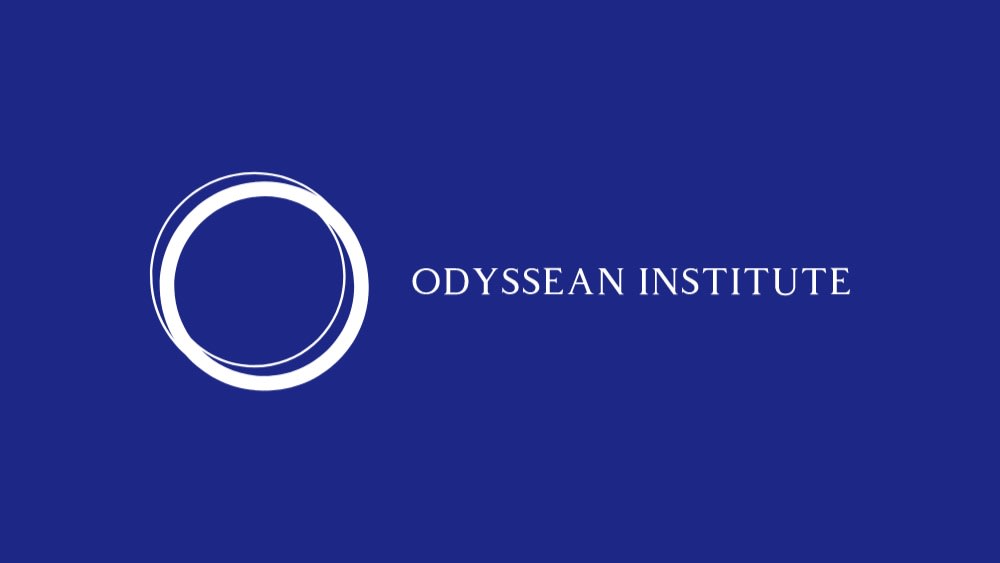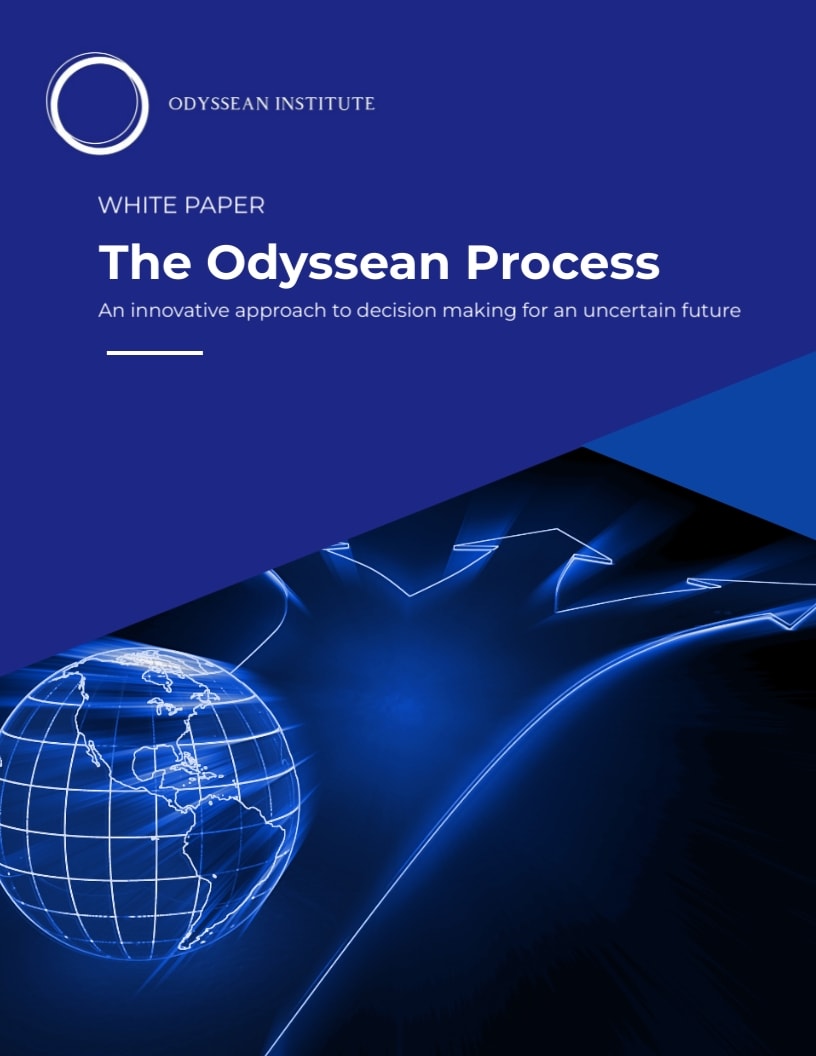
Our White Paper The Odyssean Process outlines our innovative approach to decision making for an uncertain future.
In it, we combine expert elicitation, complexity modelling, and democratic deliberation into a new way of developing robust policies.
This addresses the democratic deficit in civilisational risk mitigation and facilitates resilience through collective intelligence.
Any feedback, collaboration, or interest in supporting our work is most welcome contact@odysseaninstitute.org


Thank you for a thoughtful response! Indeed, we have considered these risks and although for the sake of brevity haven't delved heavily into the range of experimental designs for an assembly in the White Paper directly, we have in conversations with strategic partners such as Missions Publiques. We agreed that a model similar to theirs on certain assemblies would be wise. This involves the public deliberating in isolation first, so they aren't overly primed by the horizon scan, before then being introduced to the findings of the panel afterwards. This allows for iterations in the Process, without overly influencing initial values and considerations from the public. So for example, the public would be consulted, help to sculpt the optimalities scan in DMDU, and then incorporate the EEJ panel's findings to refine and deepen engagement. Ultimately the assembly decides, so we are aware of the need to balance these steps to ensure they support rather than subvert this aspect.
DMDU has a considerable emphasis on translating findings effectively, and avoiding getting bamboozled by models (such as the emphasis Erica Thompson puts on caution around this in 'Escape from Model Land'). It is a positive sign that DMDU practitioners are well aware of the 'fallacy of misplaced concreteness' and the risks this poses, and a large part of their methodology is devised to keep this explicit. The education phase of an assembly would also involve familiarising participants carefully with the value and limits of the models used, with ranges of uncertainties. It also bears noting that while not all questions will require modelling, done carefully and translated with caution, certain civilisational risks will need this level of rigour.